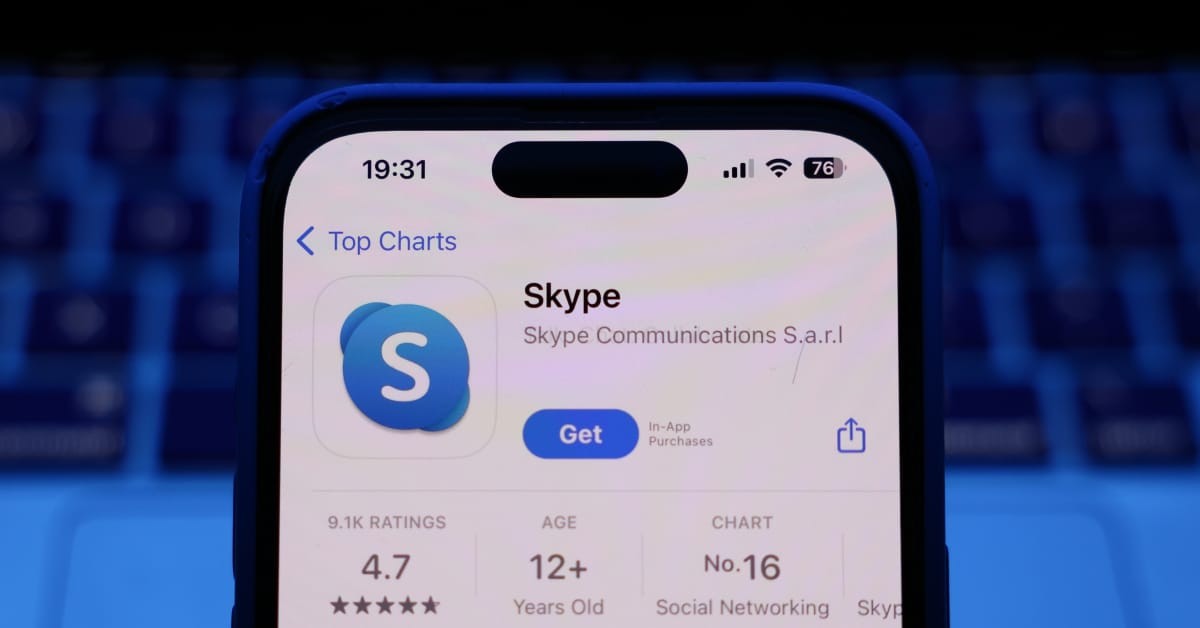
After two decades of connecting people across the globe, Skype, the pioneering video-calling service that became synonymous with internet calls, officially shuts down today, May 5, 2025. Microsoft announced the decision earlier this year as part of its strategy to consolidate its communications platforms.
Founded in 2003 in Tallinn, Estonia, Skype revolutionized how people communicated by introducing Voice over Internet Protocol (VoIP) technology, making international calls accessible and affordable. The platform's impact was so profound that "Skype" became a verb in everyday language.
Microsoft, which acquired Skype for $8.5 billion in 2011, will now shift users to its Teams platform. Existing Skype accounts will seamlessly transition to Teams, allowing users to maintain their connections and contacts.
"Skype democratized video calling," says Barbara Larson, a management professor at Northeastern University. "It wasn't just for corporate executives anymore - anyone could have quality video calls with loved ones across the world."
The platform's decline began as newer competitors like Zoom and Slack emerged, particularly during the COVID-19 pandemic when remote communication tools became indispensable. Despite having approximately 170 million users at its peak, Skype gradually lost ground to these modern alternatives.
While the shutdown marks the end of a transformative era in internet communication, Skype's legacy lives on through the technologies and connections it pioneered. The platform paved the way for today's video conferencing landscape, making remote connections a natural part of our daily lives.
For many users who grew up "Skyping" with friends and family, today's shutdown represents more than just a technical transition - it's the end of a service that helped shape how we think about distance and communication in the digital age.